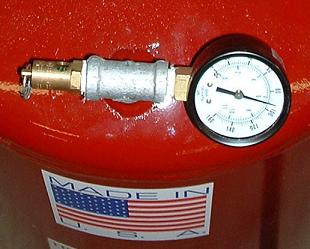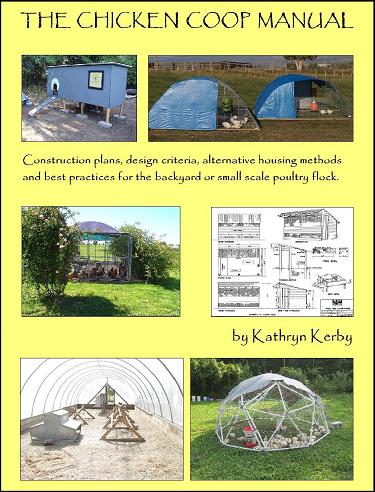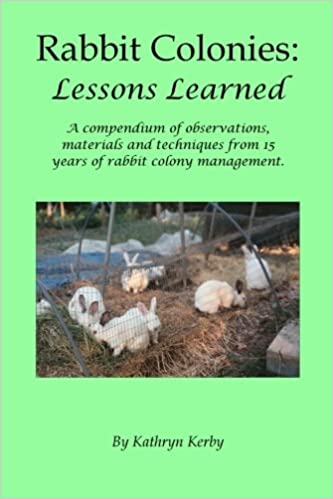Migraine
February 7, 2011

Safety Valve
Function: noun
1: a part in a machine that opens automatically to release steam, water, gas, etc., when pressure becomes too great
2: something that allows someone to release mental stress and tension in a harmless way
I get migraines. The first migraine I ever experienced was after a four-day road trip, driving from our previous home in San Diego, all the way across the country to Philadelphia. I was a Navy wife back then, and we had been transferred from the North Island NAS to the docks in Philadelphia for a refit. I'd driven 12 hours from some motel in Ohio, all the way across Pennsylvania, then threaded my way through Philadelphia, to a small bed and breakfast on the far side of Philly. The next day, we were scheduled to start looking for an apartment. That night, my first migraine developed, probabl a result of the pressures of moving into a new and unfamiliar city. All the pressures of coordinating the move, getting the car packed, moving the few animals we had back then, and lining up a new place to live, finally just boiled over. I spent most of that night trying to hold my skull together so it didn't fly into a million pieces. It was short lived, but some of the most intense pain I'd ever experienced.
My most recent migraine was today. I don't get them very often anymore, having learned over the last 20 years how diet, stress, sound, noise, motion and lack of sleep can all aggravate them. And how yoga, a healthy diet, a few days off and a readjustment of my work load or priorities will dramatically reduce my stress level. I've also learned how to stop what I'm doing at the first signs of an impending migraine, retreat into a "safe mode" of low light, low noise, easily digested foods and soothing music, where I try to ride it out without nearly as much discomfort as I had experienced the first time. Today, none of that stuff worked, and I was right back in the realm of pain that I first experienced back in Philly. As most folks who experience migraines can attest, pain medications don't generally work very well. Somehow the migraine goes above, below, around and through those pharmaceuticals. As a student of homeopathy, sometimes I have had success with using a homeopathic remedy to sooth both my skull and stomach. I have even heard home recipes for relief, which run from over-the-counter analgesics to a combination of chocolate, caffiene and aspirin. I can't think of a worse combination than those last three, so I haven't tried that combo yet. As one of my physicians commented, "sometimes you just need to go find some quiet place and be uncomfortable for awhile." Gee, thanks.
My migraine came and went. I lost most of the day in the process. I remember having a conversation on the phone with a regional sustainable ag group, and normally I would have really looked forward to that conversation. But today I barely got through it. Thirty seconds after I was off the phone, I was in bed wishing it was 12 hours later so the migraine would be done.
Migraines for me are a harsh reminder that sometimes we push too hard. We push schedules, work loads, healthy eating, stressful living, all for the sake of our perceived priorities. Sometimes those priorities are worthwhile. Many times, they're not. Ultimately, I think of migraines as something akin to a safety valve. When I have ignored my stress level long enough that pressures have built up, this is one guaranteed way to make me stop moving. And a guaranteed way to make me reconsider my workload, schedule, diet, and priorities. That re-assessment usually provides more sleep, better foods, fewer items on my immediate gotta-do list, and some quality time spent in relaxing surroundings. It is a reminder to me that these things are not luxuries. They are necessities.
Our society treats our bodies as if we were merely mechanical things. Symptoms of illness are merely physical issues to be treated with pharmaceuticals until we can get back on our feet again. Back to our old ways again. So our health issues move from short-term issues like migraine, into harder to treat issues like ulcers, back spasms, anxiety/depression, heart disease, cancer, and diabetes. We don't have to live like this. If migraines have taught me anything, they have taught me that my health is in my hands, and my choices have implications for my health. I am still learning to choose wisely. My farming life is full of stressors, gotta-do lists, high priorities, lofty goals and demanding schedules. But as with any profession, I must meet the demands of my calling with some demands of my own - time off, decent working conditions, breaks and mealtimes that actually provide nourishment for body and mind, and a livable wage such that I don't sweat every little item on the budget. It's a work in progress. Today I was reminded why that progress is just as important as any other goal we have here. Whatever your goals, Dear Reader, I hope you also take your mental and physical health into consideration. We can't do much to save the world in our own various ways, if we don't take good care of ourselves in the process.
Our Successful Farming and Ranching Books

We released our very first self-published book. The Chicken Coop Manual in 2014. It is a full color guide to conventional and alternative poultry housing options, including 8 conventional stud construction plans, 12 alternative housing methods, and almost 20 different design features. This book is available on Amazon.com and as a PDF download. Please visit The Chicken Coop Manual page for more information.

Rabbit Colonies: Lessons Learned
We started with rabbits in 2002, and we've been experimenting with colony management ever since. Fast forward to 2017, when I decided to write another book, this time about colony management. The book is chock-full of practical information, and is available from both Amazon and as a PDF download. Please visit the Rabbit Colonies page for more information.
The Pastured Pig Handbook
We are currently working on our next self-published book: The Pastured Pig Handbook. This particular book addresses a profitable, popular and successful hog management approach which sadly is not yet well documented. Our handbook, will cover all the various issues involved with pastured hog management, including case studies of numerous current pastured pig operations. If you have any questions about this book, please Contact Us.

Weblog Archives
We published a farm blog between January 2011 and April 2012. We reluctantly ceased writing them due to time constraints, and we hope to begin writing them again someday. In the meantime, we offer a Weblog Archive so that readers can access past blog articles at any time.
If and when we return to writing blogs, we'll post that news here. Until then, happy reading!




